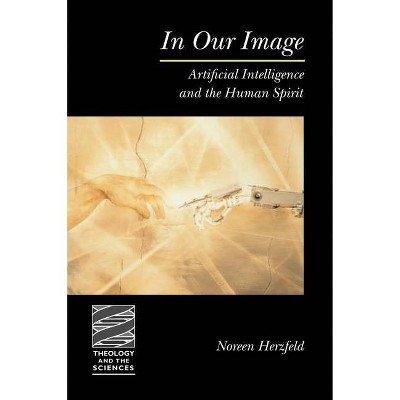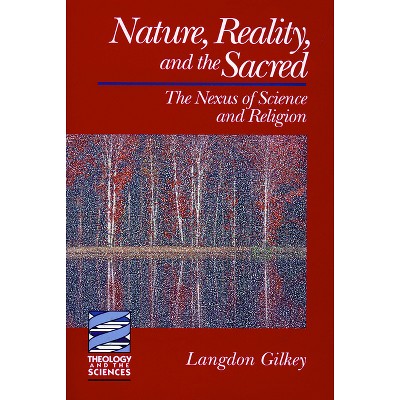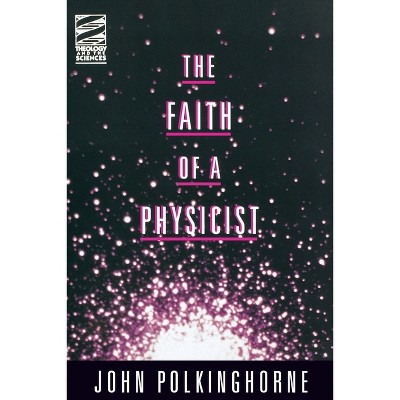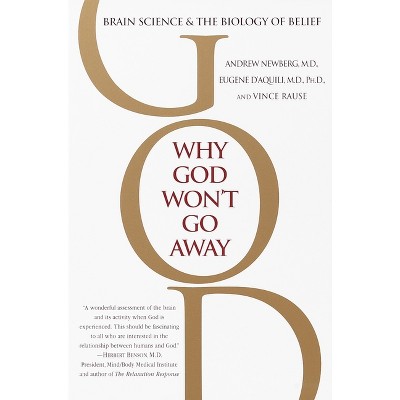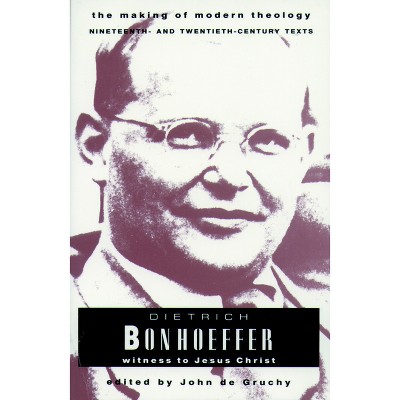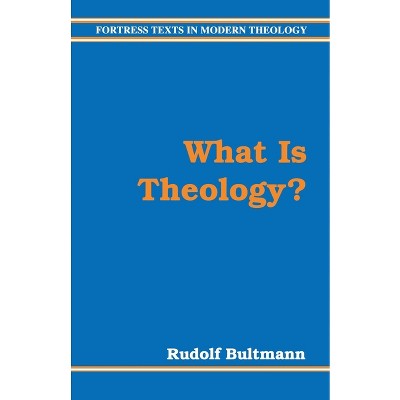Sponsored

The Mystical Mind - (Theology and the Sciences) by Eugene D'Aquili & Andrew B Newberg (Paperback)
In Stock
Sponsored
About this item
Highlights
- How does the mind experience the sacred?
- Outstanding Books in Theology and the Natural Sciences 2000 1st Winner
- Author(s): Eugene D'Aquili & Andrew B Newberg
- 240 Pages
- Religion + Beliefs, Psychology of Religion
- Series Name: Theology and the Sciences
Description
Book Synopsis
How does the mind experience the sacred? What biological mechanisms are involved in mystical states and trances? Is there a neurological basis for patterns in comparative religions? Does religion have an evolutionary function? This pathbreaking work by two leading medical researchers explores the neurophysiology of religious experience. Building on an explanation of the basic structure of the brain, the authors focus on parts most relevant to human experience, emotion, and cognition. On this basis, they plot how the brain is involved in mystical experiences. Successive chapters apply this scheme to mythmaking, ritual and liturgy, meditation, near-death experiences, and theology itself. Anchored in such research, the authors also sketch the implications of their work for philosophy, science, theology, and the future of religion.
From the Back Cover
"How does the mind experience the sacred? What biological mechanisms are involved in mystical states and trances? Is there a neurological basis for patterns in comparative religions? Does religion have an evolutionary function?"--BOOK JACKET. "This pioneering work by two leading medical researchers explores the neurophysiology of religious experience. Mapping the basic functions of the brain, the authors focus on structures most relevant to human experience, emotion, and cognition. On this basis they plot just how the brain is involved in mystical experiences. Successive chapters employ this understanding to explore mythmaking, ritual and liturgy, meditation, near-death experiences, and theology itself. Original, daring, and widely acclaimed, the authors' research bears exciting implications for philosophy, science, and the future of religion itself."--BOOK JACKET.










